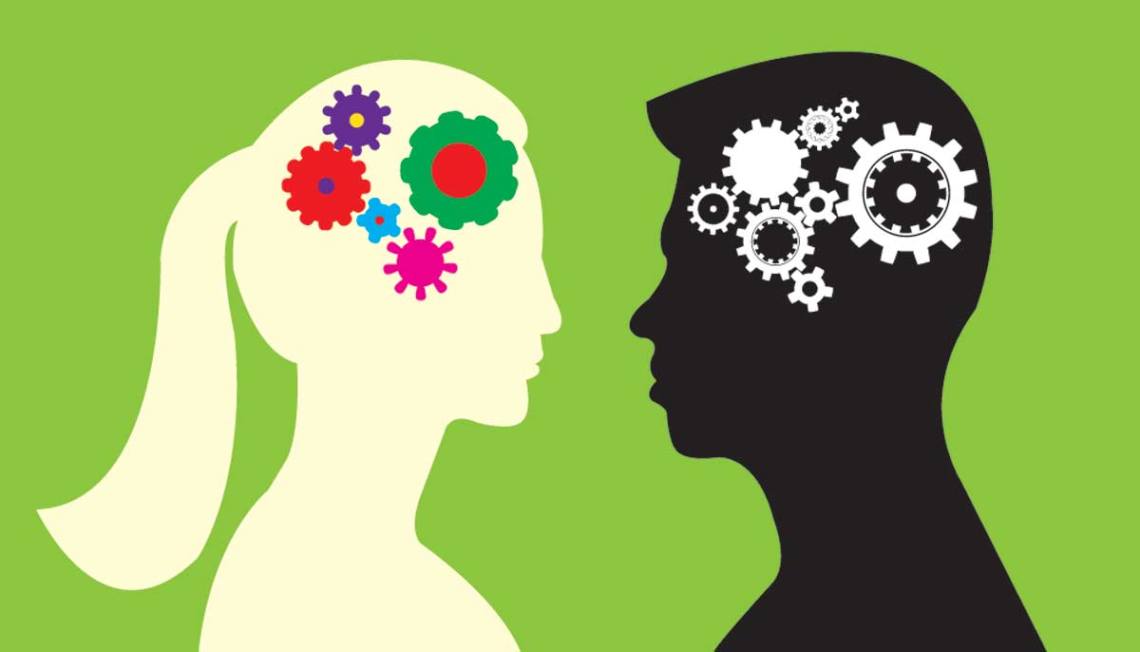Part 1. Vocabulary
|
stereotypes |
/ˈsterēəˌtīp/ n - a widely
held but fixed image or idea of a particular type of person or thing. The stereotype of the woman is the caregiver and child-bearer.
|
|
enthusiasm |
/inˈTH(y)o͞ozēˌazəm,enˈTH(y)o͞ozēˌazəm/
n - intense and
eager enjoyment, interest, or approval. Her energy and enthusiasm for life are very inspiring.
|
|
fluctuate |
/ˈfləkCHəˌwāt/
v - rise and
fall irregularly in number or amount. The trade with other countries tends to fluctuate from year to year.
|
|
implications |
/ˌimpləˈkāSH(ə)n/
n - a likely
consequence of something. A victory had an important political implication to all the candidates.
|
|
assumption |
/əˈsəm(p)SH(ə)n/
n - a thing that is accepted as true or as certain to happen, without proof. They made
certain assumptions about the coming party that it will be boring. |
|
Part 2. Comprehension Questions
1.
What is the study that is referred to in the
article all about?
2.
How are the emotions of men described during
sporting events? How about the women’s emotions?
3.
What is the finding of the study about men's and
women’s emotions?
4.
Why were women have been excluded in the
research participation historically?
5.
Do you agree that women are more emotional than
men?
Part 3. Article Reading
Contrary to stereotypes, women aren’t more emotional than men, research finds.
Feelings such as enthusiasm, nervousness, or strength are often interpreted differently depending on the gender of the person experiencing them. The new study results counter this bias.
For instance, a man whose emotions fluctuate during a sporting event is described as “passionate.” But a woman whose emotions change due to any event, even if provoked, is considered “irrational,” says the study’s senior author Adriene Beltz, assistant professor of psychology at the University of Michigan.
Beltz and colleagues Alexander Weigard, assistant professor of psychiatry, and Amy Loviska, a graduate student at Purdue University, followed 142 men and women over 75 days to learn more about their daily emotions, both positive and negative. They divided the women into four groups: one naturally cycling and three others using different forms of oral contraceptives.
The researchers detected fluctuations in emotions in three different ways and then compared the men and the women. They found little-to-no differences between the men and the various groups of women, suggesting that men’s emotions fluctuate to the same extent as women’s do (although likely for different reasons).
“We also didn’t find meaningful differences between the groups of women, making clear that emotional highs and lows are due to many influences—not only hormones,” she says.
The findings have implications beyond everyday people, the researchers say. Women have historically been excluded from research participation in part due to the assumption that ovarian hormone fluctuations lead to variation, especially in emotion, that can’t be experimentally controlled, they say.
Source: Posted by Jared Wadley-Michigan, October 27th, 2021,https://www.futurity.org/women-more-emotional-stereotype-gender-2647902-2/
